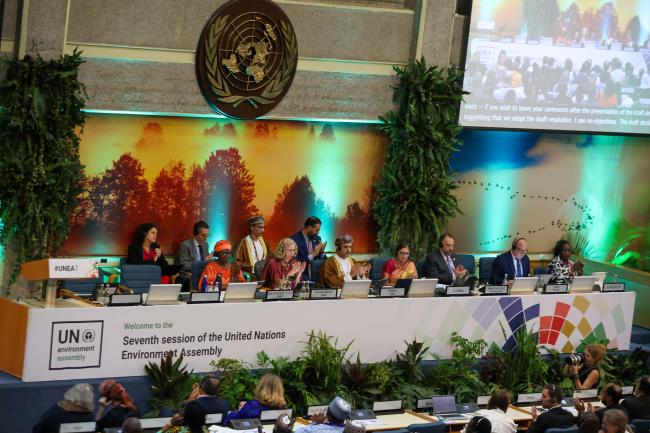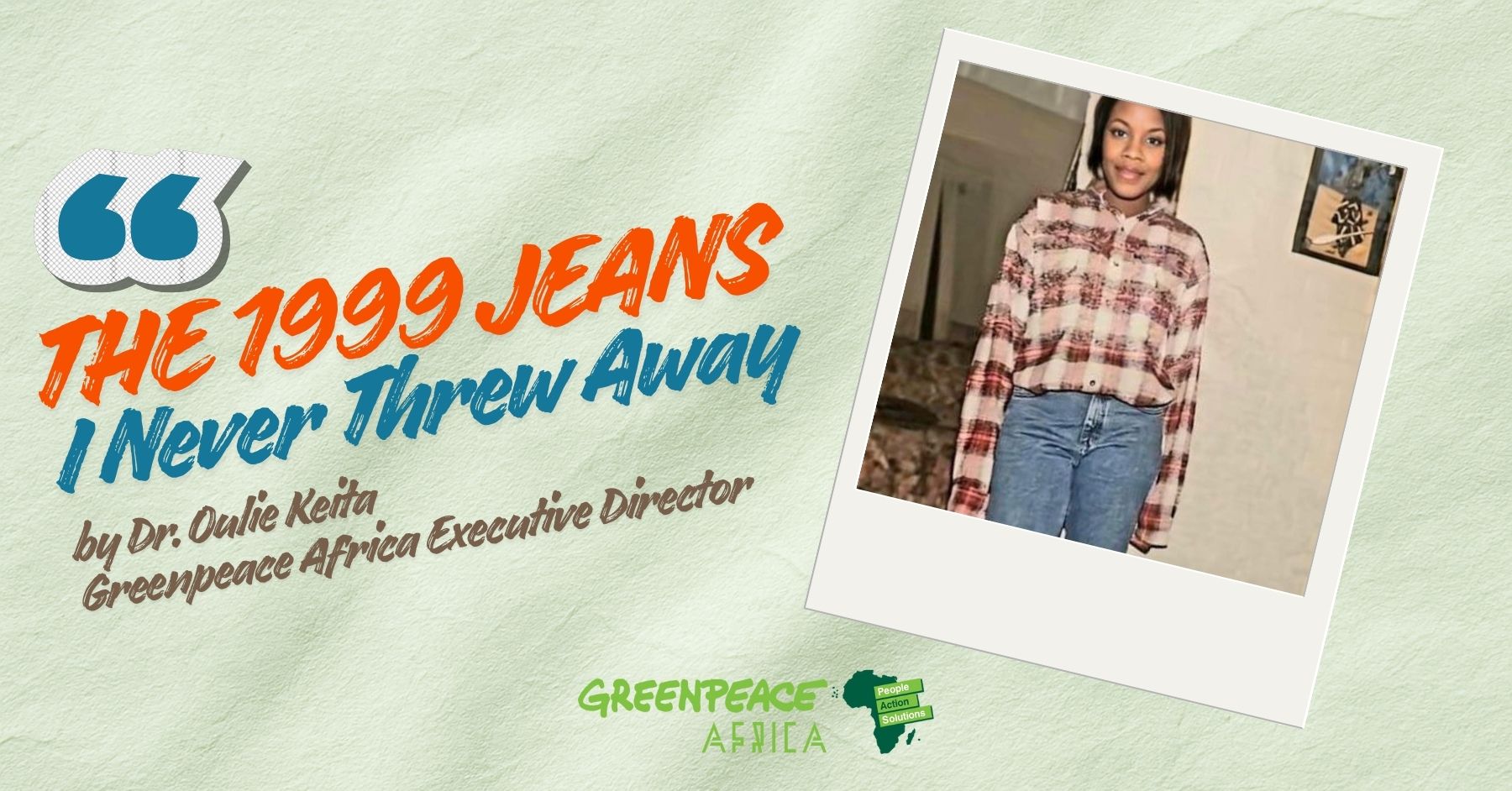Kenya outlawed plastic bags in 2017; a step in the right direction. But look around the bottles and sachets and wrappers are still pouring out of our streets, drainages and rivers. It is not whether bans will work but why is it that we continue to fail trying to ban one type of plastic but leave another untouched?
Companies just change disposable material to the other and this cycle continues. It is a band-aid on a gaping wound – one that still keeps bugging frontline communities the most.
The Hidden Cost of Plastic
The world manufactures more than 400 million tonnes of plastic per annum – which is approximately the weight of all humanity added together. However, less than 9 per cent is recycled. The remaining is thrown away in landfills, burnt in open pits or decays into tiny particles living today in our air, our food and even our blood.

Microplastics have been discovered in human lungs, blood, as well as placentas. In 2024, a study published in The New England Journal of Medicine attributed-Microplastics and Nanoplastics in Atheromas and Cardiovascular Events | New England Journal of Medicine this exposure to heart disease and inflammation.Another study by the University of Cape Town discovered microplastics in local market seafood; another example that shows that pollution does not stop at the ocean it stops on our plates.
According to the World Bank, marine pollution is a threat to the livelihoods of more than 3 billion people all over the world. With a fall in fish stocks and damage to coast line, local economies are losing billions every year in cleanup fees and damage to the ecosystem: “World Bank Group and the Marine Plastics Agenda” (PDF).
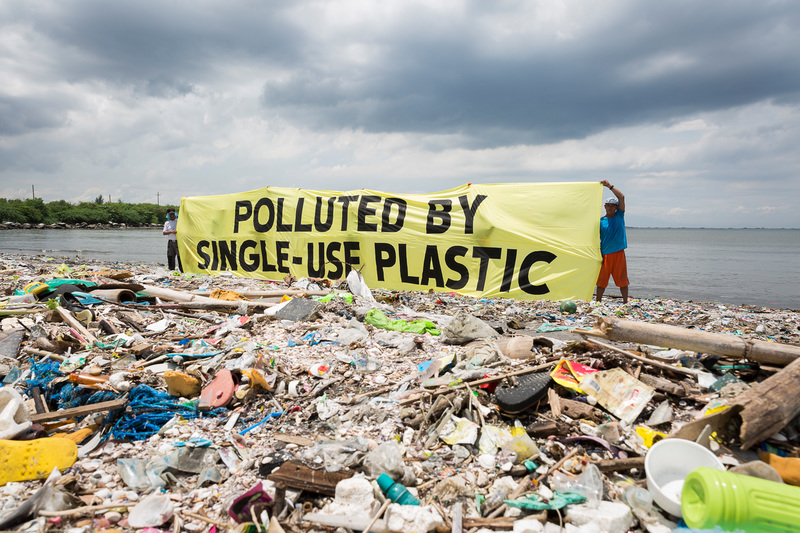
The African Reality
Informal settlements near the Dandora dumpsite, Kenya’s largest landfill (https://www.youtube.com/watch?v=-sN-ct36aTY&t=4s) face some of the worst environmental injustices. Plastic waste from across Nairobi ends up here, spilling into nearby communities like Korogocho and Baba Dogo. During rains, blocked drainage channels cause severe flooding, mixing household waste with toxic runoff from the dumpsite. Children often play or walk through the polluted water, exposing them to infections, while families are forced to repair or rebuild their homes repeatedly.
Although these communities do not produce any plastic, they pay the utmost price. This is what contributes to plastic pollution as an issue of justice. It is not only litter, but the health, safety, and dignity of people that are being sacrificed on the altar of convenience and profit.
Refill. Reuse. Rethink.
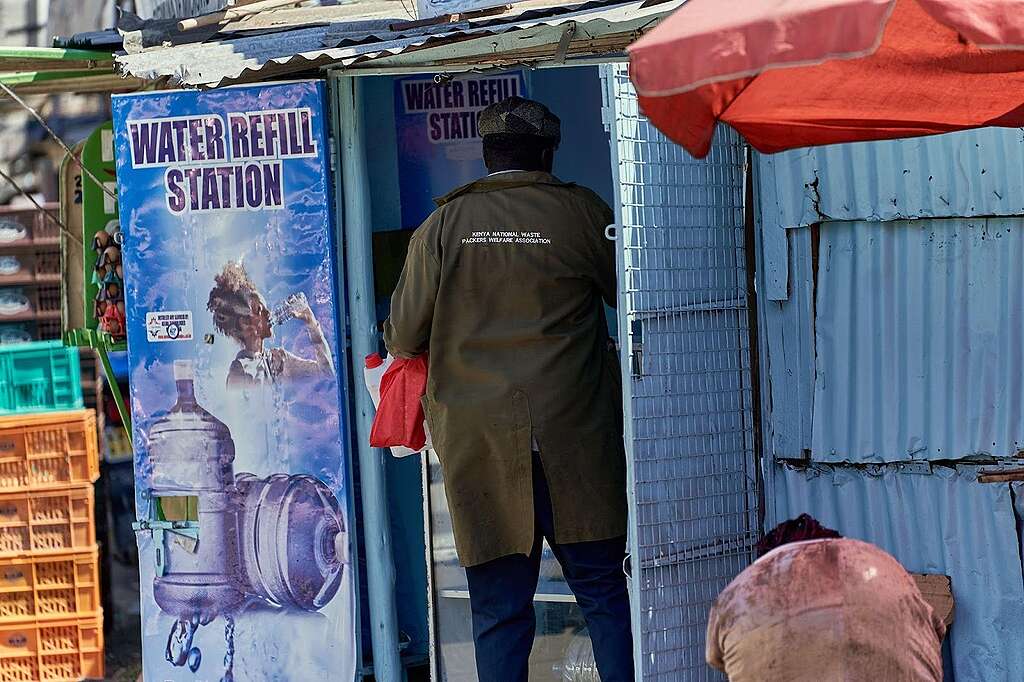
Nevertheless, societies are elevating above this inequity. In Africa, the silent revolution of refill and reuse is being committed by individuals. Local kiosks have women who refill cooking and detergent oil bottles for customers. Youth groups conduct cleanups and encourage sorting and reusing. Nairobi, Accra, and Kampala have small refill shops that are showing that sustainability does not need to be done by large companies – it can in fact begin with simple people doing something remarkable.
The studies conducted by the Ellen MacArthur Foundation- Reuse – rethinking packaging (2019) demonstrate that transforming even 20 percent of single-use packages to reusable resolutions can unlock an annual business possibility of 10 billion US dollars. In the case of Africa, it is not just economic growth but empowerment, employment and justice brought back.
Re-use must be convenient and rewarding, refillable stations of common consumer products, minimization of containers to encourage the re-use of old ones and convenient collection stations in the community that keep poverty out of waterways and recycling. Addressing this issue requires systemic change that goes beyond recycling, and we have to cut production, redesign our products, and reconsider the process of consumption in general.
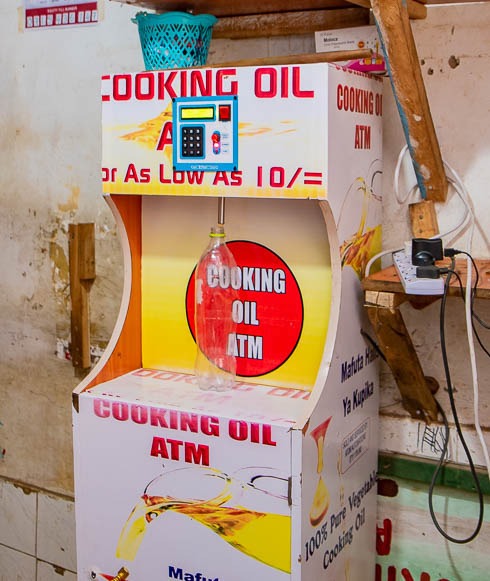
The Justice We Owe Ourselves
Plastic pollution uncovers an inconvenient fact: the people who benefit the least about plastic are the ones who are affected by it the most. Actual justice goes beyond the clean streets; it involves reforming a system. The concept of reusing, repairing and creating is not new to Africa. The world ought to take the same direction. Humans are the creators of the plastic crisis and should find a solution as well.
Written by Ann Itumbi,
Greenpeace Africa volunteer


